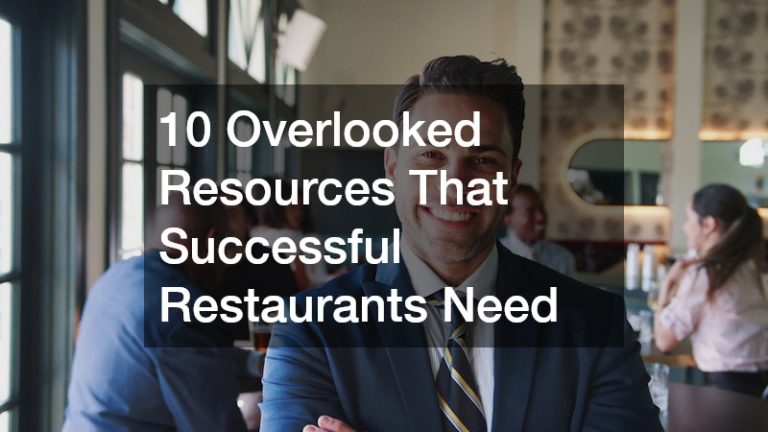- Separation is a complex process that can be highly emotional, but it’s important to remember that you are not alone.
- Understanding your emotions and allowing yourself to feel them without judgment or shame is the first step toward healing.
- Practicing self-care activities like exercise and connecting with loved ones can help cope during this challenging time.
- Legal help is also beneficial for those going through a separation as it can help protect your rights.
Separation is a challenging and emotional time for anyone. The end of a relationship can leave us feeling lost, confused, overwhelmed, and heartbroken. It’s common to experience a range of emotions during this time, from anger and sadness to relief and hope. Whatever you’re feeling, it’s important to remember that you are not alone.
Understanding your emotions
Understanding your emotions is the first step in navigating the emotional roller coaster of separation. It’s normal to feel a range of emotions during this time, from shock and denial to anger and sadness. These emotions may come in waves or hit you all at once.
Allowing yourself to feel these emotions without judgment or shame is important. Suppressing your feelings or pretending they don’t exist will only prolong the healing process.
Here are some common emotions you may experience during separation:
Anger
Anger is a common emotion during separation. You may feel angry at your ex-partner for ending the relationship or for things they did during the relationship. You may also feel mad at yourself for staying in the relationship too long or not seeing the signs earlier.
Finding healthy ways to express your anger is important, such as talking with a friend or therapist, writing in a journal, or engaging in physical activity like running or boxing.
Sadness
Sadness is another common emotion during separation. You may feel sad about losing your partner, your plans together, or the life you had built with them.
Allowing yourself to grieve is an integral part of healing from separation. This might involve crying, talking with friends and family members who support you and seeking professional help.
Fear
Fear is another emotion that can arise during separation. You may fear being alone forever or never finding someone who loves you again. You might also fear change and uncertainty about what the future holds.
It’s okay to acknowledge your fears but not let them control your actions. Instead, focus on taking small steps towards new experiences and opportunities that will help build confidence over time.
Practicing self-care
Self-care is crucial when navigating through trying times such as separation because it helps us care for our mental health while clarifying what we need moving forward.
Here are some self-care practices that can help:
Exercise
Exercising is an excellent form of self-care during a separation. Not only does it release endorphins which boost your mood, but it also gives you an outlet to express your emotions. Exercise can help you manage your stress levels and allow you to re-focus on your physical and mental well-being.
It can distract from the negative emotions you’re feeling while helping to reduce anxiety and depression. Plus, it helps improve sleep quality which is essential for managing the emotional roller coaster of separation. Regular exercise can also increase energy levels and provide much-needed motivation for taking action in other areas of life.
Connect with loved ones.
Connecting with loved ones during separation can be a powerful way to cope with the emotional roller coaster that comes with it. It’s natural to feel frightened, overwhelmed, and confused during this time; talking to a trusted friend or family member can provide valuable support. Having someone listen to your feelings without judgment and offering advice can do wonders in uplifting your spirits.

Seeking professional help
Professional help can provide insight into your feelings and allow you to process them in a safe environment. Talking with a therapist or counselor can also provide coping strategies for dealing with negative emotions.
Psychological help
Professional help is especially beneficial for those who are struggling with complex issues that require more than just talking with friends and family members, such as depression or post-traumatic stress disorder (PTSD). Therapists can help break down seemingly insurmountable problems into manageable steps, which can be essential for those facing a challenging transition.
Legal Help
Navigating the legal aspects of separation can be difficult, and it’s important to access the right support. Legal help can clarify the finer points of your separation agreement and ensure your rights are protected. This can be especially pertinent for those who have been married or in a long-term relationship, as there may be more complicated issues to consider.
Engaging with a mediator or lawyer offers numerous benefits during this time. They can help you with divorce intervention or mediation and guide you through complex laws related to marriage, parenting orders, property settlements, and more. Additionally, they can help you interpret documents such as financial statements and tax returns — enabling you to make informed decisions about your future.

Separation can be an emotionally challenging and overwhelming experience, but it is important to remember that you are not alone. It’s normal to feel a range of emotions during this time; understanding your feelings, practicing self-care, connecting with loved ones, and seeking professional help can help you navigate the emotional roller coaster of separation. Everyone’s journey through this process will look different — take care of yourself, and don’t forget to reach out for support when needed. With patience and perseverance, you will come out stronger on the other side.







